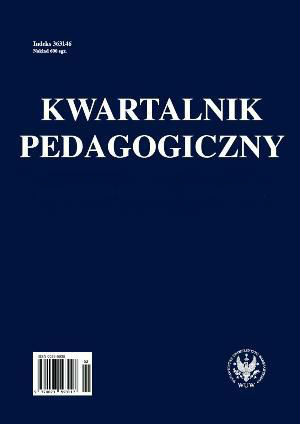PEDAGOGIA IGNACJAŃSKA – ZAŁOŻENIA TEORETYCZNE I PRAKTYKA
IGNATIAN PEDAGOGY – BASIC THEORETICAL AND PRACTICAL ASSUMPTIONS
Author(s): Jerzy KochanowiczSubject(s): Education
Published by: Wydawnictwa Uniwersytetu Warszawskiego
Keywords: pedagogika ignacyjska; Ignacy Loyola; edukacja jezuicka
Summary/Abstract: In order to understand the principals of Ignatian pedagogy one must recall the ideas of Ignatius of Loyola regarding education. A historical analysis of early Society of Jesus activities may help. The first Jesuits decided to get involved in the field of education because they considered education the best way to help people. They were convinced that knowledge made the biggest impact on the ethical way of living. Their inspiration came not only from the Spiritual Exercises of Ignatius of Loyola but also from the ideas of the humanists. The Jesuits built up their educational system (which was codified in the Ratio Studiorum) upon the program of their brethren of the common life. These early Jesuits learned this method of education through the University of Paris’ obligatory system called the modus parisiensis. After the publication of Ratio Studiorum (1599), Jesuits did not undertake serious reflection on education. It had not happened until 1990 when Jesuit Superiors in Rome published two important documents on the methods of Ignatian education. In those papers, the Superiors declared that the main goal of Ignatian education was the education of the whole human person. This means that a person is supposed to be competent, conscientious, compassionate, and a person should live for others.
Journal: Kwartalnik Pedagogiczny
- Issue Year: 208/2007
- Issue No: 2
- Page Range: 165-179
- Page Count: 15
- Language: Polish
- Content File-PDF

